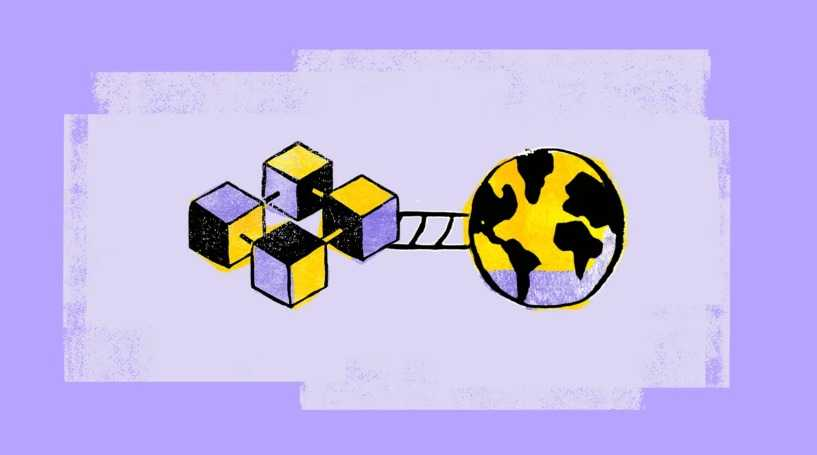The Stellar Development Foundation (SDF) has recently published a comprehensive paper delving into the role blockchain-based solutions play in advancing digital financial inclusion, “Blockchain as a means to broaden digital financial inclusion? Exploring the role of blockchain-based solutions in promoting greater financial access and usage.” In an era marked by technological advancements and global connectivity, financial inclusion remains a critical driver of social empowerment, economic growth, and sustainable development.
As outlined in the paper, an estimated 1.7 billion adults worldwide lack basic financial tools, such as a simple bank account. People who are currently unbanked face limited access to formal financial services, especially in economies with substantial informal sectors and persistent gender disparities in account ownership.
Solutions that move towards financial inclusion have emerged, attempting to ensure that individuals and Micro, Small, and Medium Enterprises (MSMEs) have access to a range of affordable financial products and services that cater to their unique needs. There are a few key components to consider when creating these solutions: reducing the cost of cross-border transactions remains a priority for vulnerable populations, and fees for sending and receiving payments across borders remain high.
Blockchain-based solutions offer secure, cost-effective, and efficient access to financial tools, particularly for the unbanked, enabling them to engage with formal financial services more easily and make inroads into the global financial system. They also enhance cross-border remittances by reducing transaction costs and providing quicker access to funds, thus improving the financial position of individuals worldwide. Blockchain-based solutions can also contribute to developing real-time payments systems with instant settlement of funds.
Blockchain technology is already playing a crucial role in humanitarian aid disbursement, offering transparency, traceability, and portability of funds. Vulnerable groups can receive relief funds securely, with the flexibility to spend funds globally.
For a more in-depth exploration of this topic and to uncover the full potential of blockchain-based solutions, we encourage you to review the “Blockchain as a means to broaden digital financial inclusion? Exploring the role of blockchain-based solutions in promoting greater financial access and usage” from the Stellar Development Foundation. It offers invaluable insights into the future of financial inclusion and the transformative role technology can play in reshaping access to and use of financial services worldwide.












 All while Pfizer—a company with a $2.3 billion criminal fine for fraudulent marketing, bribery, and kickbacks—was given blanket immunity from liability and billions in taxpayer dollars to produce a vaccine in record time with no long-term safety data.
All while Pfizer—a company with a $2.3 billion criminal fine for fraudulent marketing, bribery, and kickbacks—was given blanket immunity from liability and billions in taxpayer dollars to produce a vaccine in record time with no long-term safety data.
























